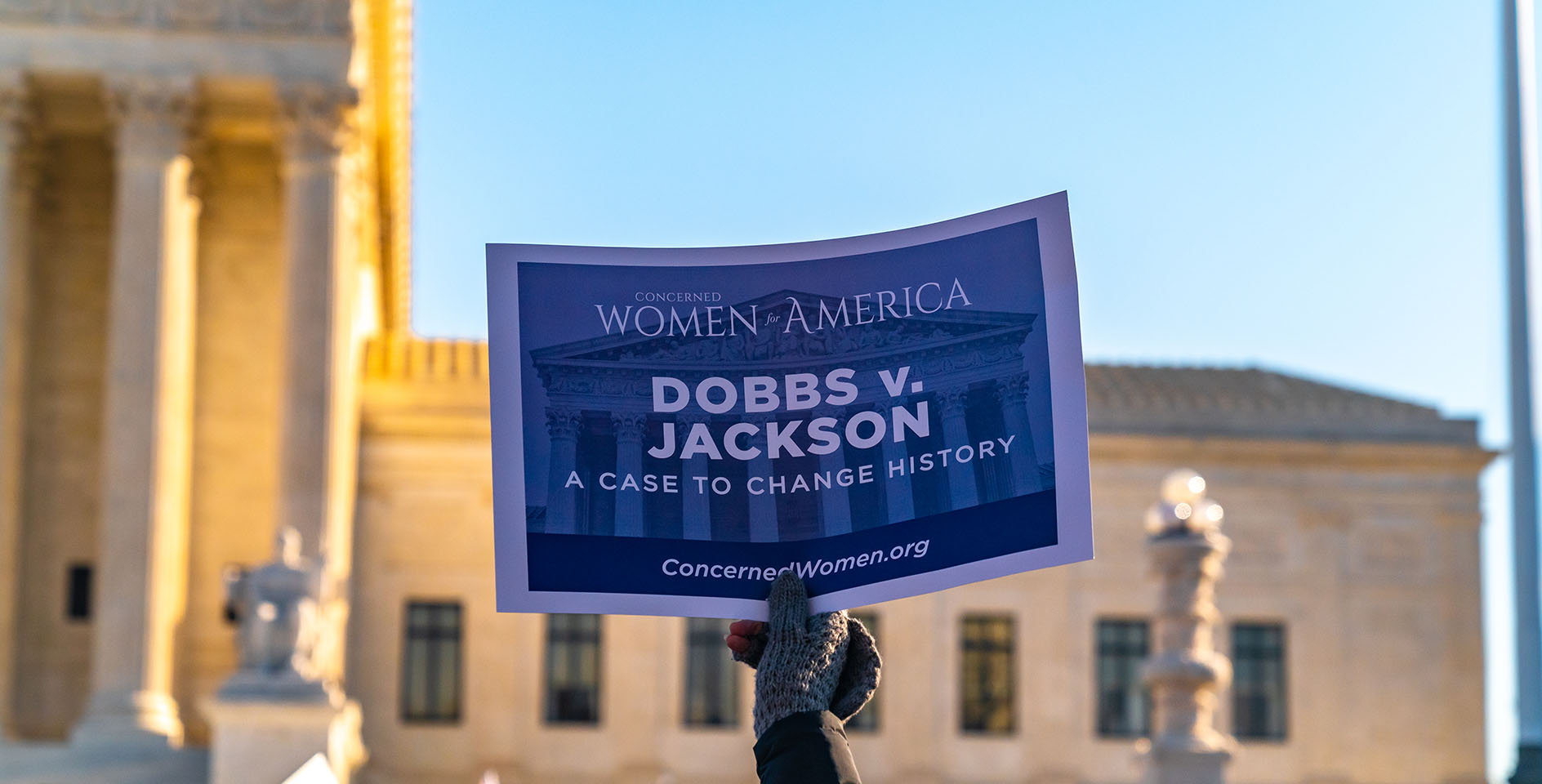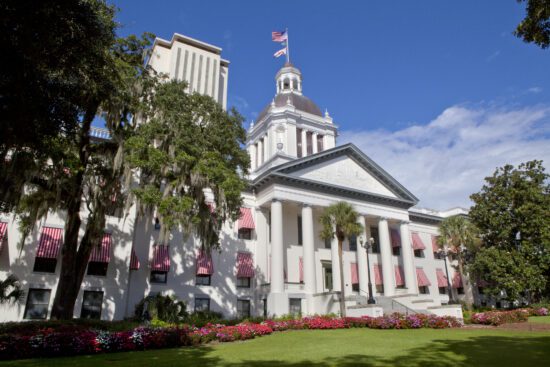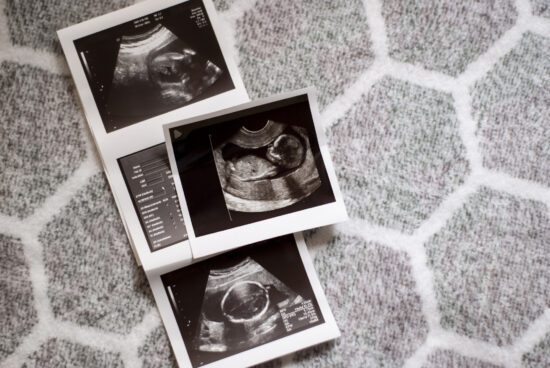A “once in a generation” opportunity to affirm human dignity and protect life.
What is this case about?
In Dobbs v. Jackson Women’s Health Organization, the Supreme Court is reviewing a Mississippi law titled the “Gestational Age Act” that prohibits abortions after 15 weeks’ gestation, except in a medical emergency and in cases of severe fetal abnormality. This law replaces the “viability standard” created by Roe. The court is examining whether pre-viability restrictions on elective abortions are unconstitutional.
In Roe v. Wade, the Supreme Court admitted that the state has a legitimate interest in protecting unborn human life, but concluded that that interest did not become compelling until viability, because at that point the unborn child “has the capability of meaningful life outside the mother’s womb.” However, the choice of viability as the point before which a state may not forbid abortion is entirely arbitrary. Even the author of Roe and two authors of Casey’s three-justice plurality have admitted this. When the “viability standard” was initially created in 1973, viability was around 28 weeks, but it is now around 21 weeks. The viability line will keep moving as our modern medicine continues to improve. No Supreme Court decision has ever provided a principled justification for the viability standard.
The Dobbs case provides another chance for the court to overturn the viability standard and affirm a fundamental right to life.
How is the ERLC advocating on this case?
The ERLC has been involved with this case from the beginning. We filed an amicus brief with the Supreme Court in July 2021 urging the Court to overturn the Roe v. Wade (1973) and Planned Parenthood v. Casey (1992) decisions that made abortion legal nationwide and expanded abortion access.
For too long, the Roe and Casey decisions have allowed our nation to turn a blind eye to the plight of those who have no voice. Our brief asks the Court to overturn those two cases and set a new precedent that respects every life. With each passing day, more and more people recognize preborn lives are worthy of protection. The Dobbs case provides another chance for the Court to come to that same conclusion and affirm the fundamental right to life.
Why does this case matter for Southern Baptists?
Dobbs v. Jackson Women’s Health Organization is the most important abortion case in a generation. This case is an incredible opportunity to affirm life, shift abortion jurisprudence, and send the question of abortion back to the states. For the pro-life movement, this case could be the culmination of nearly 50 years of focused work to overturn Roe and protect the unborn.
As Southern Baptists, we believe that every human being is made in the image of God and that every life is worthy of protection. This case is a once-in-a-generation opportunity for the Supreme Court to overturn a grave error and affirm the dignity of the preborn.









